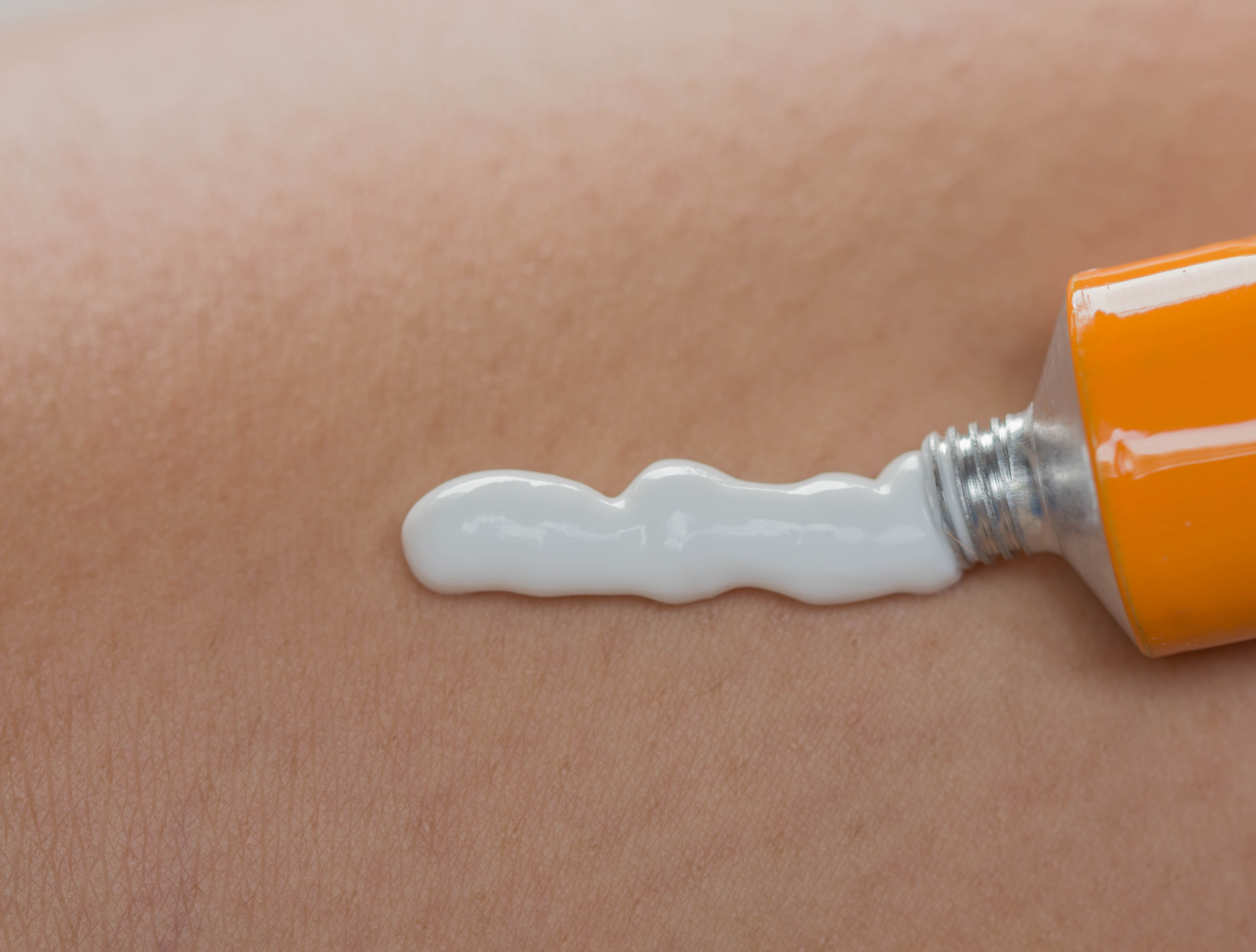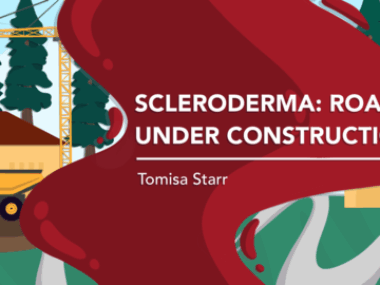RayVa Topical Treatment Safe and Effective in Phase 2a SCL-Related Raynaud’s Phenomenon Trial from Apricus
Written by |

Top-line results from the Apricus Biosciences, Inc. Phase 2a clinical trial for RayVa™ topical treatment in patients with scleroderma-related Raynaud’s phenomenon indicate the treatment is safe and effective. Patients tolerated treatment and reported a noticeable change in the way their skin temperature responded to a cold challenge. There are now plans to advance to a later stage Phase 2 clinical trial in 2016.
“This clinical trial was an important step for the company, and one in which the company acquired additional pharmacodynamic data that will help inform the future development of the product candidate,” said Barbara Troupin, MD, Chief Medical Officer of Apricus, in a news release from the company. “As this was the first in human study in this patient population, we are pleased to have confirmed safety and tolerability, as well as improvements in blood flow and skin temperature in certain subjects.”
The trial was designed to give 35 patients either placebo or one of three doses of RayVa treatment. The patients then underwent a cold challenge, and researchers measured blood flow and skin temperature changes using laser Doppler and thermography. Ideally, the treatment would counteract vasoconstriction in Raynaud’s phenomenon patients and prevent subjects hands from being cold due to low blood flow. It appears treatment has positive benefits on both blood flow and temperature.
“This patient population has been without meaningful treatment options to address the acute symptoms of Raynaud’s, which can include pain and functional limitations in the hands and feet, impairing work and family time,” said Dr. Elena Schiopu, Professor of Rheumatology at the University of Michigan in Ann Arbor. “As the lead investigator for this exploratory study, I was very pleased with the insights we have gained about this novel compound and how well it was tolerated by my patients, and I look forward to working with Apricus on future clinical trials to address this unmet medical need.”
RELATED: Human Stem Cell Transplantation Revealed As Promising Treatment For Systemic Sclerosis
For the upcoming trial, Apricus envisions at-home treatment for patients. They will need to develop a clinical protocol that describes at-home treatment, in addition to finalize the RayVa formulation and delivery system. “The next steps will be to continue formulation development activities for at-home dosing, and complete study planning for our future clinical trials,” said Dr. Troupin. “Looking forward, we will move RayVa into later-stage clinical trials designed to address the symptoms of an acute Raynaud’s attack, which is an important regulatory endpoint for this indication, as well as a clinically meaningful outcome for patients who suffer from this debilitating disease.” Even later-stage clinical trials will be at the Phase 3 level, which is the last level before pharmaceutical companies can submit final documentation to the Food and Drug Administration for approval to sell treatment.





